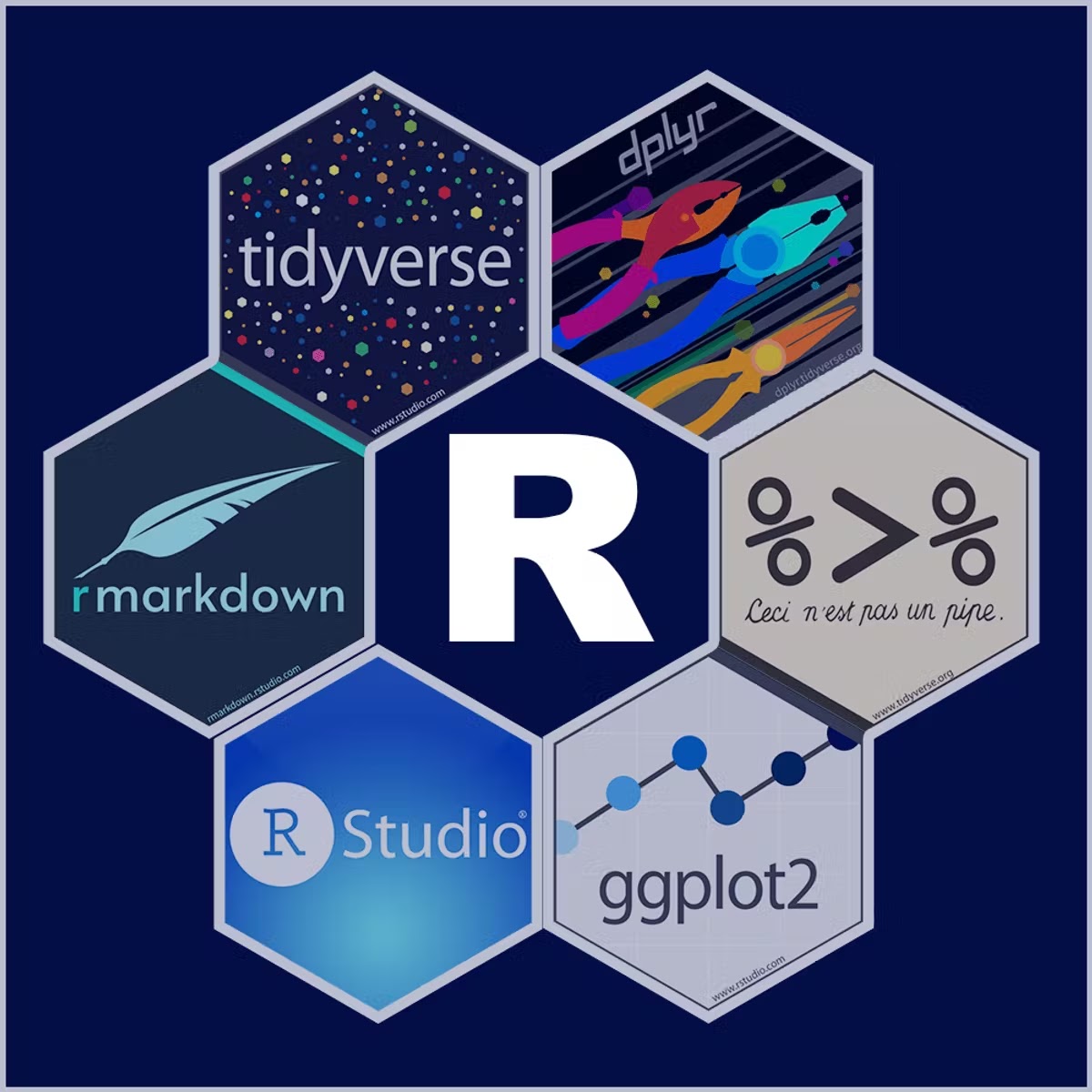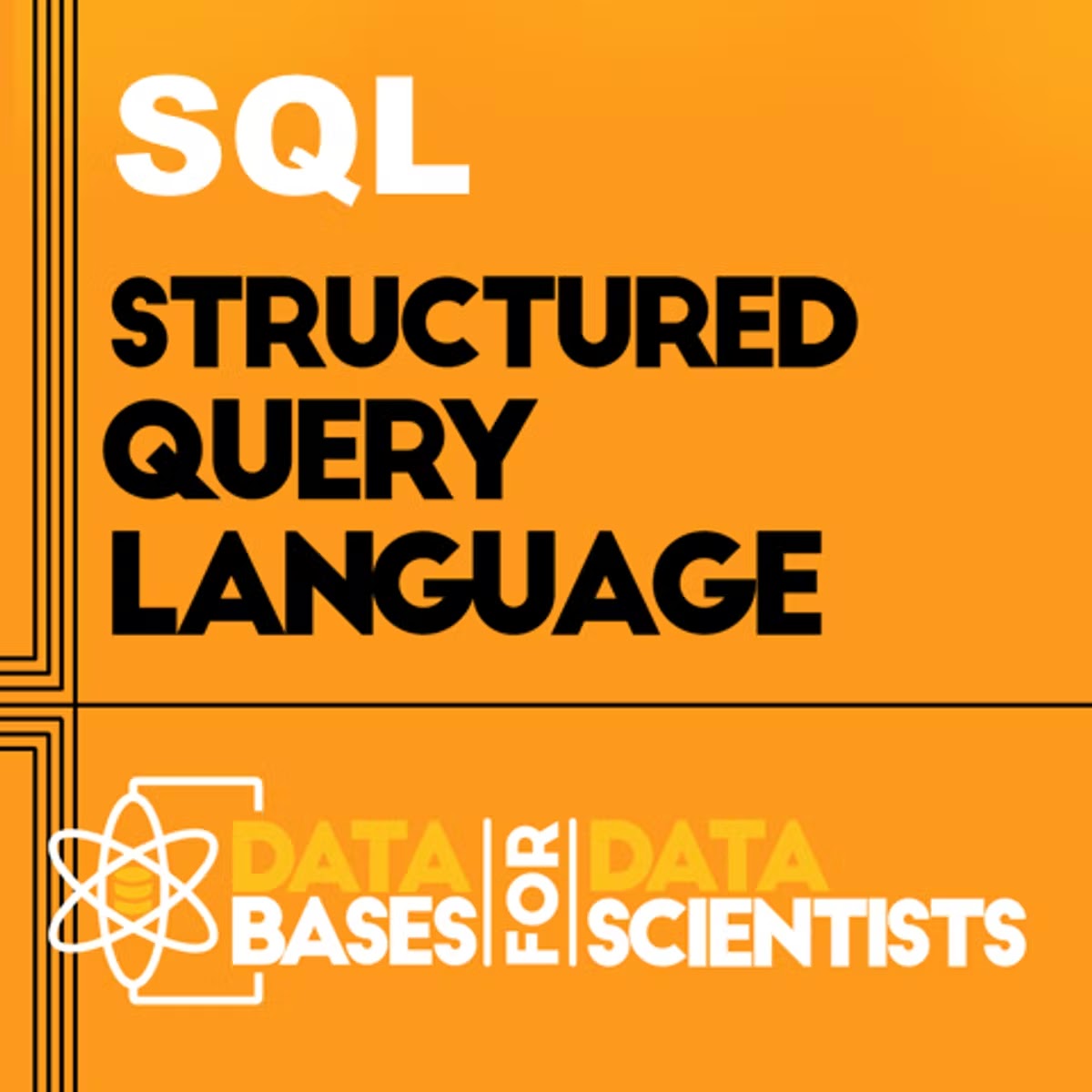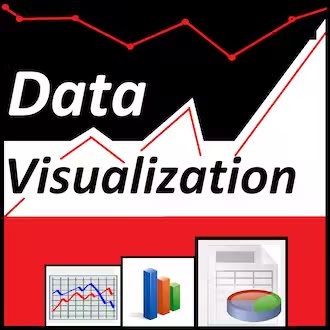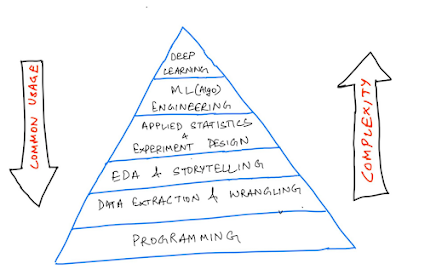Hello guys, if you want to become a Data Scientist in 2024 but wondering how long it take to learn all the Data Science skills required to become to a Data Scientist then you are at the right place. Earlier, I have shared best Data Science courses and Data Science Interview Questions for Job Interviews and in this article, I will talk about the time it take to become a Data Scientist in 2024. Data science is a simple term, is preparing the data for analysis starting by cleaning, aggregating, and manipulating data for this action using scientific methods, statistics, machine learning algorithms to extract insights from this data and power business decisions.
1. How Long Does It Take To Understand Data Science?
From the definition above, you could understand that a data scientist needs to know a set of skills like math, statistics, programming languages, analytics, machine learning, and even more.Hence, it will take many years to deep dive into every skill, but you can be an intermediate in data science just in a year or even less if you put much more time into this domain.
While you can learn these skills in six months to a year, you won’t be a good data scientist attractive to all businesses because that level will require you a lot of effort and time to learn. Companies can’t pay you a high salary when you are just a junior data scientist because of the experience.
2. Can you learn data science by yourself?
Becoming a data scientist is not an effortless task that can happen overnight, but the good news is you can be a data scientist on your own without attending college and getting your Master’s or Ph.D. degree.
More than %25 professional data scientists do not have any degree, and you can do the same by one of these two things, either learning from an online course or attending a data science Bootcamp.
3. How much will every skill take to learn?
As I’ve mentioned, data science needs a lot of skill sets to master, and not all the job offers to require you to learn everything because it is nearly impossible to know them all and be an expert in all of them, but I will mention some of the essential skills to learn:
3.1. Python Language: You should start your journey by learning the basics of this language and be intermediate level before jumping to learn another skill. Learning python language can take from 3 months according to the time you spend, but you can’t know everything this language has, even years. You can take this course called Python For Everybody to learn python language.
3.2. R Language: this is another programming language used for data analysis and visualization. It is easy also to understand, and it can take only a few days to a week to learn it if you have some programming background. You can take this course called R Programming to learn the R language.
3.3. SQL Language: this language pulls the data from the database and interacts with it. It is potent, and most companies use SQL databases. You can learn this language basics between 2–3 weeks, but it will take a long time if you want to master it. You can take Introduction to Structured Query Language to learn the basics.
3.4. Machine Learning: this science depends a lot on the python language, and you can create models that will make predictions based on the previous data. You can learn this skill between 6–18 months according to the level you want to be in machine learning, and this course called Machine Learning will help you with the basics of this science.
3.5. Data Visualization: you can make data visualization using some software such as Tableau, Power BI, Excel, and more, but also languages such as python and R have their libraries that can help you generate these graphs and charts.
4. Books and Courses Recommendations
Free courses are available on many online platforms such as Coursera, edX, and paid courses such as Udemy, Udacity, and more. You can also learn data science from books available online on amazon, which sometimes helps more than paid courses. I will recommend some courses to take to master data science:
4.1. Applied Data Science with Python: One of the best courses to teach you data science using python. You can take it even if you don’t understand python, and it will teach you data visualization, machine learning, and data mining.
4.2. Data science with R: this is a great course to learn data science using the R language and teach you data visualization using R all in one course.
4.3. Practical Statistics for Data Scientists: this book on Amazon will help you have to understand if you would like to become a data scientist with few details but good information to know.
Conclusion
That's all about how long does it take to learn Data Science skills and become a Data Scientist in 2024. Of course, there are a lot of o software and skills you have to learn to become a data scientist. Still, the job offers are different, and every employee will tell you which skills he needs to hire you, but you can’t master them all even for years, so stick with the fundamentals of this industry.
Other Articles Programmers and Data Scientist may like
- Why Python is the best programming language for Data Science
- 10 Courses to Learn Data Science for Beginners
- Top 5 Courses to build Chatbots using Python and AI
- Best Data Science and Machine Certification in 2024
- Top 8 Python Libraries for Data Science and Machine Learning
- Top 5 Free Courses to Learn Machine Learning
- Top 10 TensorFlow courses for Data Scientist
- 5 Books to learn Python for Data Science
- 10 Machine Learning and Deep Learning Courses for Programmers
- Top 5 Courses to Learn Tableau for Data Science
- 10 Free Courses to Learn Python for Beginners
- 5 Courses to learn Maths and Stats for Data Science
- 10 Coursera Certificate to Start Career in Cloud and Data Science
- Top 5 Courses to learn Pandas for Data Analysis
- Top 5 Courses to Learn Advance Data Science
- Best Courses Courses for Data Analysis and Data Science
Thanks a lot for reading this article so far. If you like this article and resources then please share them with your friends and colleagues. If you have any questions or feedback then please drop a note.







